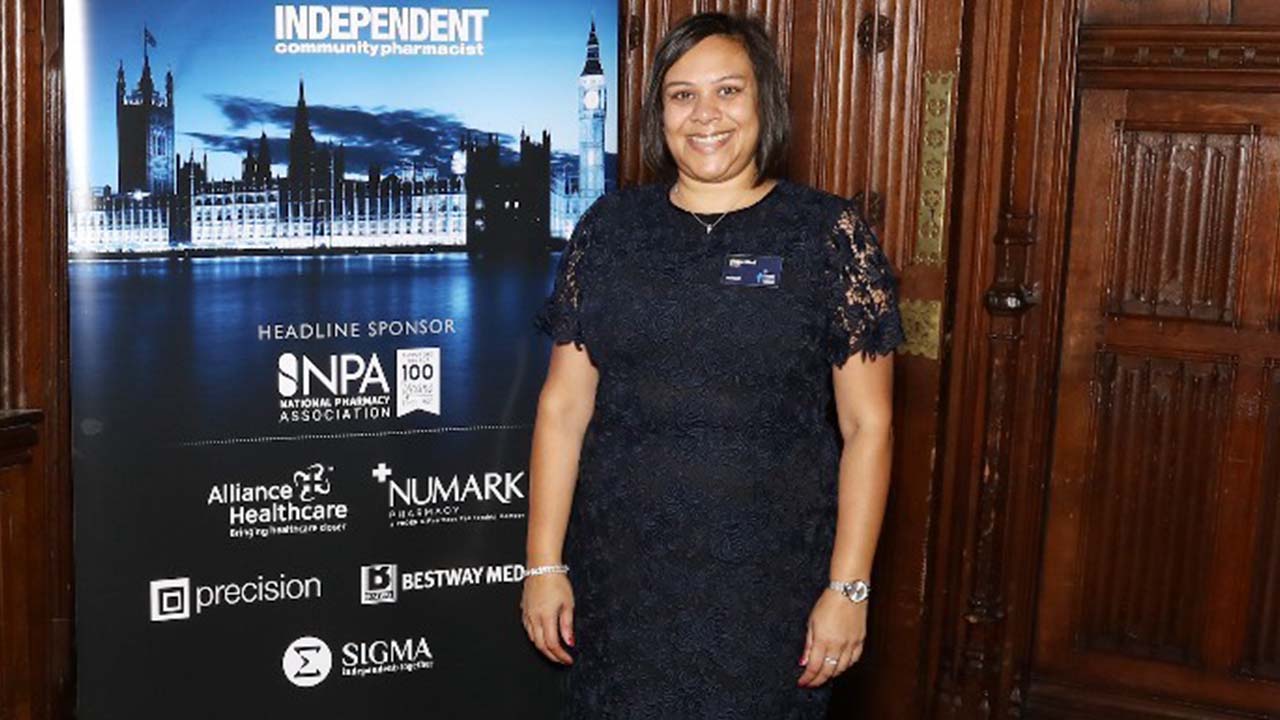In News
Follow this topic
Bookmark
Record learning outcomes
North-East London local pharmaceutical committee chief executive Shilpa Shah says the Additional Roles Reimbursement Scheme (ARRS), introduced by the Government four years ago to improve patient access to general practice in England, should be expanded to alleviate workforce pressures in community pharmacy.
Speaking to Independent Community Pharmacist, Ms Shah said pharmacies should benefit from the scheme in the same way surgeries do, by allowing pharmacists who are recruited into ARRS roles to split their time between working in community pharmacy and general practice.
Her comments follow the concerns raised by many leading industry figures that the pace of primary care recruitment has left community pharmacies struggling to fill vacancies, with some arguing that it should be halted or paused to head off a workforce crisis.
The ARRS scheme provides funding for 17 roles at the moment, including pharmacists, pharmacy technicians, nursing associates, paramedics, dietitians, mental health practitioners and first contact physiotherapists.
GP roles ‘less stressful’
Ms Shah said she understood why pharmacists decided to work in surgeries, describing it as “less stressful” than working in community pharmacy. But she argued that switching up ARRS in the way she suggests could take the strain off pharmacies struggling with increasing overheads and tight budgets.
“People who work in community pharmacy post-Covid are really stressed and quite burnt out,” she said. “It always feels as though the grass is greener if you can go and work in a surgery, 9 to 5.30, Monday to Friday, in a role that is less stressful. You’re not seeing 15 patients per 10 minutes, you’re seeing 15 patients over three or four hours. I think that’s a massive factor in why people are leaving community pharmacy and going into these ARRS-funded roles.
“My solution is, if these ARRS roles continue, it should be a real, clear ‘You do three days in a surgery and two days in a community pharmacy neighbouring that surgery’. Wouldn’t the vision in the future be amazing if it was ‘You’ll do a day in the surgery, a day in an opticians, a day in a dental surgery and a day in a community pharmacy’?
“In an opticians, you’ve got people who need medication for the eyes and you can see how that works. For dentists, you could do a lot around pain and antibiotics. You could do a day on the integrated care board. The ARRS role shouldn’t be a ‘based-in-a-surgery’ role.”
The position of ARRS pharmacists “needs to be a true primary care role because that would really help the workforce”, Ms Shah said, adding that it would also improve general practice’s understanding of how its actions impact community pharmacy, such as inappropriate referrals though the Community Pharmacist Consultation Service.
“That’s what I’d like to see – a vision for those roles,” she said. “That would help with the workforce because it would mean an independent contractor, for example, could have two days off in the week, one day to go and do all their paperwork that’s causing them all the stress, one day to have a rest because they know they’ve got the same pharmacist two days a week for two years as part of this PCN role.”
Get the chief pharmacist on board
Ms Shah plans to speak to chief pharmaceutical officer David Webb about running a pilot in North-East London in which individuals from different health professions recruited into ARRS roles spend half their time working in a community pharmacy.
“I’d like to see community pharmacy being funded for ARRS roles,” she said. “But failing this, I think all appointments from April 2023 for an ARRS role should involve that person spending 50 per cent of their time in community pharmacy, which is part of primary care.
“This would help with relationships between surgeries and GPs, support portfolio working and finding solutions for challenges as these individuals would see things from both sides.
“Wouldn’t it be great if we could make sure any contract into a PCN ARRS role – and it could even be nurses because they could come out and do vaccinations, it could be paramedics, it doesn’t just have to be pharmacists – could spend some of their time in the surgery and some [in community pharmacy]?”
Suggesting she would run the idea of a pilot past Mr Webb, Ms Shah said: “We’re so busy fire-fighting and there’s so much going on that everyone is fighting for the same workforce. It’s not that they don’t want to share, but they can’t see how it’s going to benefit them.
“NHSE doesn’t always see that, but I think there would be a huge benefit even if we piloted it in North-East London. I’d be happy to pilot that and see how it goes. Let’s pilot it for six months to a year and really see the benefits of that.”
Asked about Ms Shah’s comments, NHSE said ARRS roles work across primary care locations, not just GP surgeries. It did not say if it was open to Ms Shah’s idea of a pilot.

